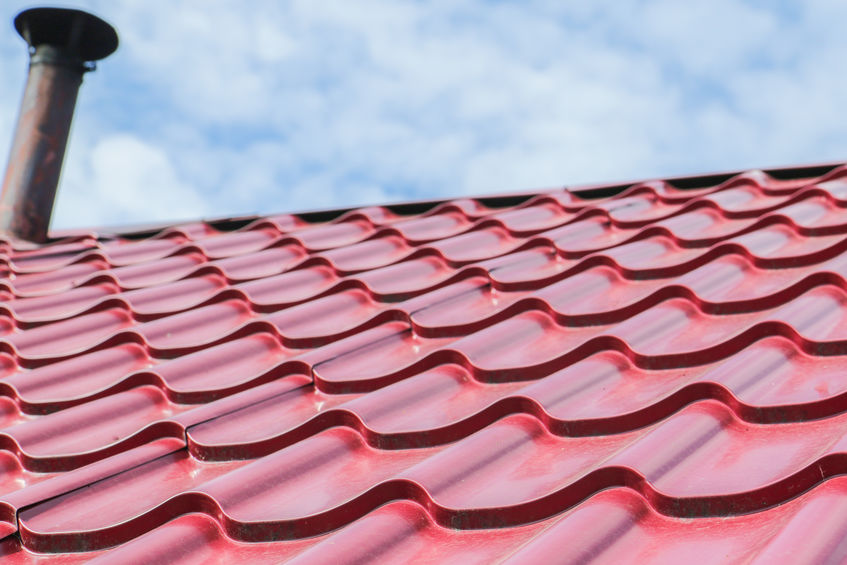Advantages of Metal Roofing
- Longevity

A properly installed metal roof can last as long as the house and is often backed up with a manufacturer warranty of between 30 and 50 years. A metal roof can withstand the elements and harsh weather conditions without losing its grip. Unlike other roofing materials, they do not require periodic costly maintenance as long as they were installed correctly. However, metal roofs should still be inspected periodically to ensure that no repairs are needed.
- Safety
Metal roofing is resistant to fire, rot, or insect damage. It has become the roofing material of choice in parts of the country with the dangers of wildfire. The materials used in metal roofing give it a Class A fire rating because it is noncombustible. However, this rating depends on the material installed underneath the roof. For instance, installing metal roofing over wood shingles or combustible materials can drop the fire-resistance rating to Class C. Metal roofs are tough and impervious to rot or insect damage when compared to other types of roofing products.
- Easy Installation
It is quick and easy to install a metal roof as they come in wide panels or multiple-shingle sections. Other types of metal roofs can be installed over an existing roof. This can greatly reduce the installation time and inconvenience since there is no need to add structural support or tear off the existing roof. Another benefit of metal roofing is that they are lightweight and can easily be lifted to the top of a building during installation. Heavy roofing products such as clay shingles can be difficult and expensive to install because they are bulky.
- Energy Efficiency and Sustainability
Paint systems and modern coatings on metal roofing not only offer greater aesthetics but also allow for cool roof colors that help to reflect solar heat. This keeps your home comfortable during summer, which can help you save money on your monthly cooling and heating costs. Metal roofs are also sustainable since they can be recycled when removed. According to Metal Roofing Alliance, the combined thermal breaks and reflective coatings on metal roofs can reduce your energy costs by 10 to 25 percent.
- Colors and Designs
Metal roofs come in a wide variety of colors and designs to suit your style and preferences. Some options include derailed replications of tile, traditional slate, or wood shake roofs to create a statement on the overall look of your home. Modern metal roofing can now mimic nearly any look with the addition of multiple-layer factory finishes.
Disadvantages of Metal Roofing
- Expansion and Contraction
A metal roof expands and contracts depending on temperature fluctuations. Modern metal roofing products are installed using a fastening system that adapts to the movement during fluctuations in temperature to prevent the panels from loosening. It is important to hire professionals as they have knowledge and experience of the necessary tools and equipment required when installing metal roofs.
- Occasional Noise
Metal roofs can be noisy during heavy rains or a hailstorm. Although some people may find the sound of raindrops soothing, not everyone can tolerate the pitter-patter sounds of rain. It is possible to address this issue by installing some type of installation, it still adds to your roofing installation costs including labor.
- Possible Dents
Some types of metal roofing are prone to denting. Metal roofs are designed to withstand heavy rain and snowfall but failing tree branches and large hail chunks can cause dents. Although it is important to inspect your roof periodically, you cannot walk on some roofs without damaging or denting them. It is important to choose stronger metal roofs like copper and aluminum that may be resistant to denting.
Metal roofing is becoming a popular choice for residential owners because of their longevity, attractiveness, and easier maintenance. Most of these roofing products come with lengthy warranties that guarantee buyer satisfaction. Before you choose any type of metal roofing, it is important to visualize the style of your home and choose what works best for you.
